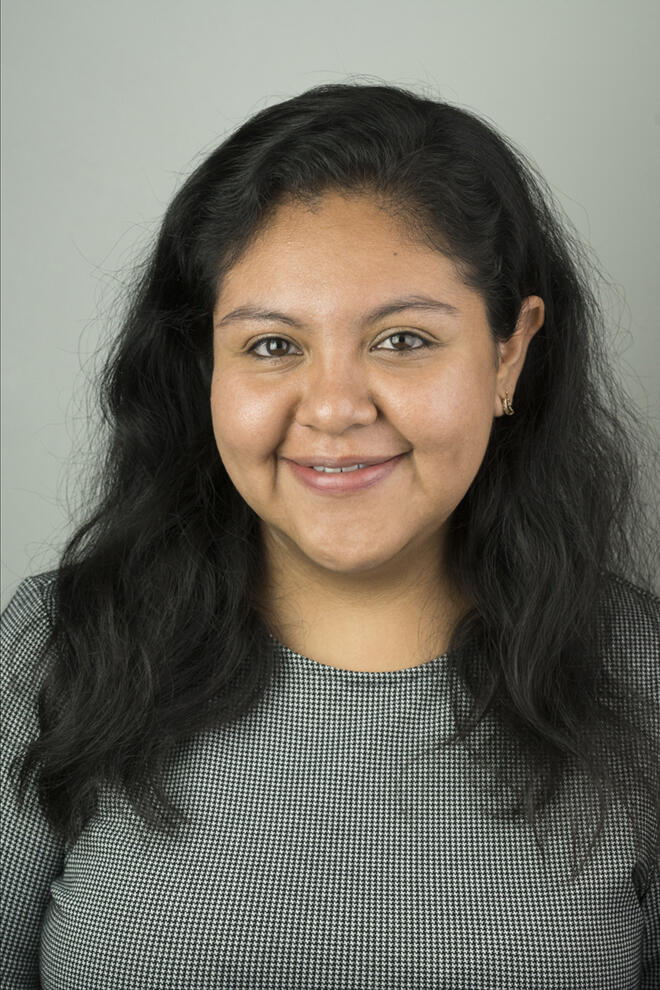In Toronto, you can witness firsthand the history and profound cultural transformation that South Korea has undergone over the past few decades. If you're already a fan of K-pop or Squid Game and want to fully immerse yourself in Korean history, values, and culture, Toronto is the ideal place to learn Korean from beginner to advanced levels, thanks to:
- 📚 One of the largest concentrations of language schools, university programs focused on Korean and native Korean private tutors in Canada.
- 🎊 Numerous cultural activities, festivals, pop conventions and sports centres (how about trying taekwondo?)
- 👩🏻💻 The presence of major companies like Hyundai and Samsung
- 🥢 An incredible list of restaurants, karaoke sites and shopping centres in Koreatown
Korean culture is thriving in Toronto. Get closer to it through its language and explore it in depth with private Korean lessons in Toronto.

⬇️ Top Places to Learn Korean in Toronto
Toronto is an ideal city to start learning Korean, offering numerous excellent options for classes and tutoring.
1. Hansa Language Centre
Hansa Language Centre is renowned for its comprehensive language programs, offering a range of courses tailored to learners of all levels. Known for its commitment to excellence in language education, Hansa provides an ideal environment for mastering languages, including Korean.
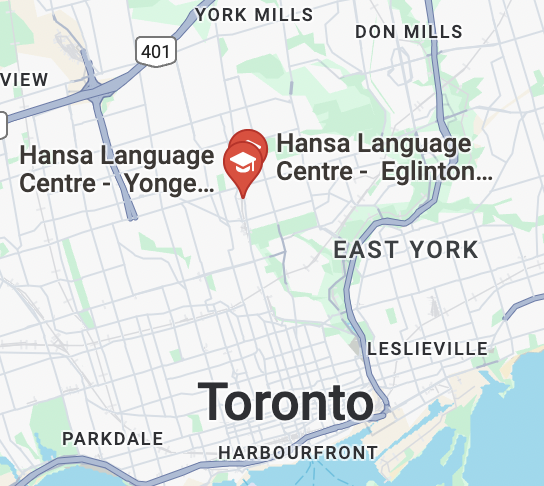
Website: https://hansacanada.com/
Hours: 8:30am - 4:30pm Monday to Friday
Rating: 4.4 stars
Key Points about Hansa Language Centre:
2. Berlitz Learning Centre
Berlitz Language Centre is a globally recognized institution specializing in language education, including comprehensive programs for learning Korean. With a legacy of excellence in language instruction, Berlitz offers a dynamic and immersive learning experience for language enthusiasts.
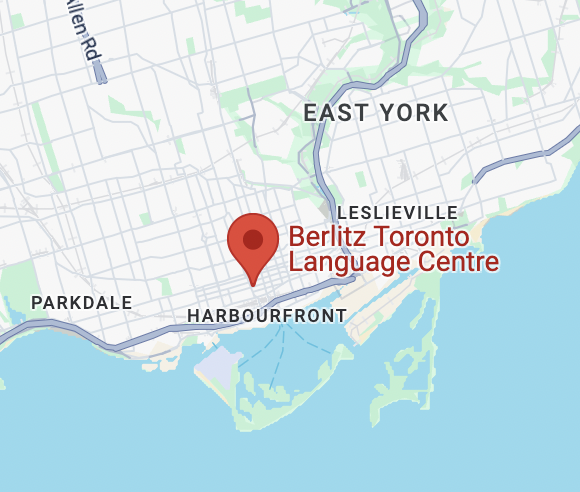
Website: https://www.berlitz.com/en-ca
Hours: 8:00am - 6:00pm Monday to Friday
Rating: 4.6/5 stars
Key Points about Berlitz Language Centre:
Whether you're beginning your Korean language journey or aiming for advanced proficiency, Berlitz Language Centre offers a structured and supportive environment to help you achieve your language learning goals effectively.
3. University of Toronto
The University of Toronto School of Continuing Studies offers a comprehensive Korean Language Program, designed to cater to learners of all proficiency levels. Known for its academic excellence and rigorous language instruction, this program provides a structured approach to learning Korean in a university setting.
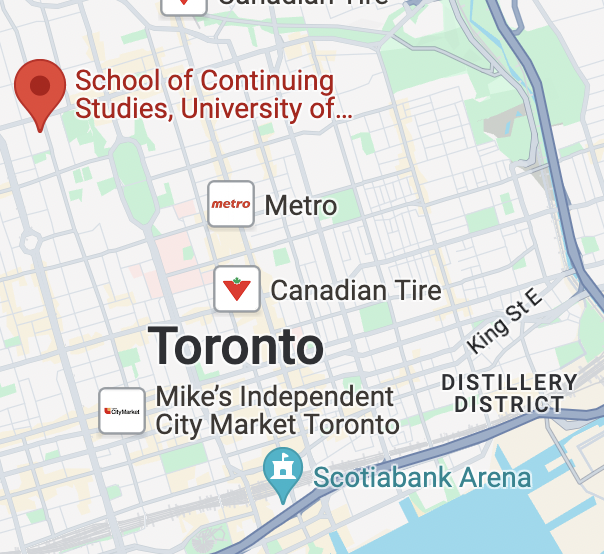
Website: https://learn.utoronto.ca/
Hours: 9:30am - 5:00pm Monday to Friday
Rating: 4.4/5 stars
Key Points about University of Toronto School of Continuing Studies - Korean Language Program:
The University of Toronto School of Continuing Studies - Korean Language Program offers a great educational experience for those looking to explore Korean language and culture within a prestigious academic framework.
4. Seneca College
Seneca College offers a Korean Language Program through its Continuing Education division, providing a structured approach to learning Korean suitable for learners of all proficiency levels.
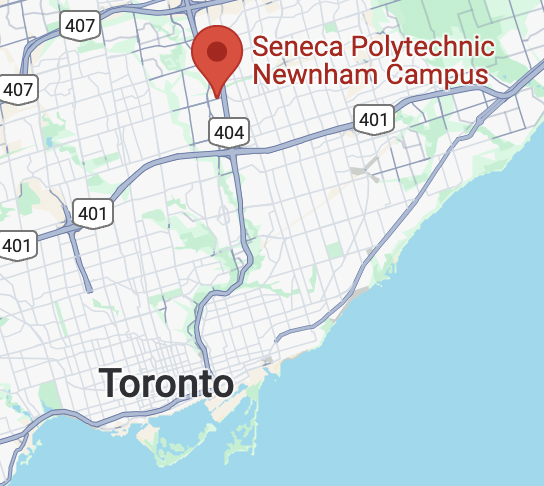
Website: www.senecapolytechnic.ca
Hours: 8:30am - 8:00pm Monday to Friday
Rating: 4.2/5 stars
Key Points about Seneca College - Korean Language Program:
Seneca College's Korean Language Program is ideal for individuals seeking to develop their Korean language skills within a structured educational framework, offered by a reputable institution in Canada.
🤔 Why Learn Korean in Toronto?
The first wave of Korean immigrants arrived in Canada in the 1960s; since then, they have established businesses, companies, and important cultural centres in Toronto that have continued to grow, showcasing the best of their culture, history, and language.
Their global opening and economic boom have also reached Canadian territory through the presence of the headquarters of some of their largest companies. In 2025, it's clear that Korean culture has made its mark and already has a significant legacy in Canada.
Learning Korean in Toronto provides a gateway to experiencing and learning about one of the best-preserved Asian cultures in Ontario through:
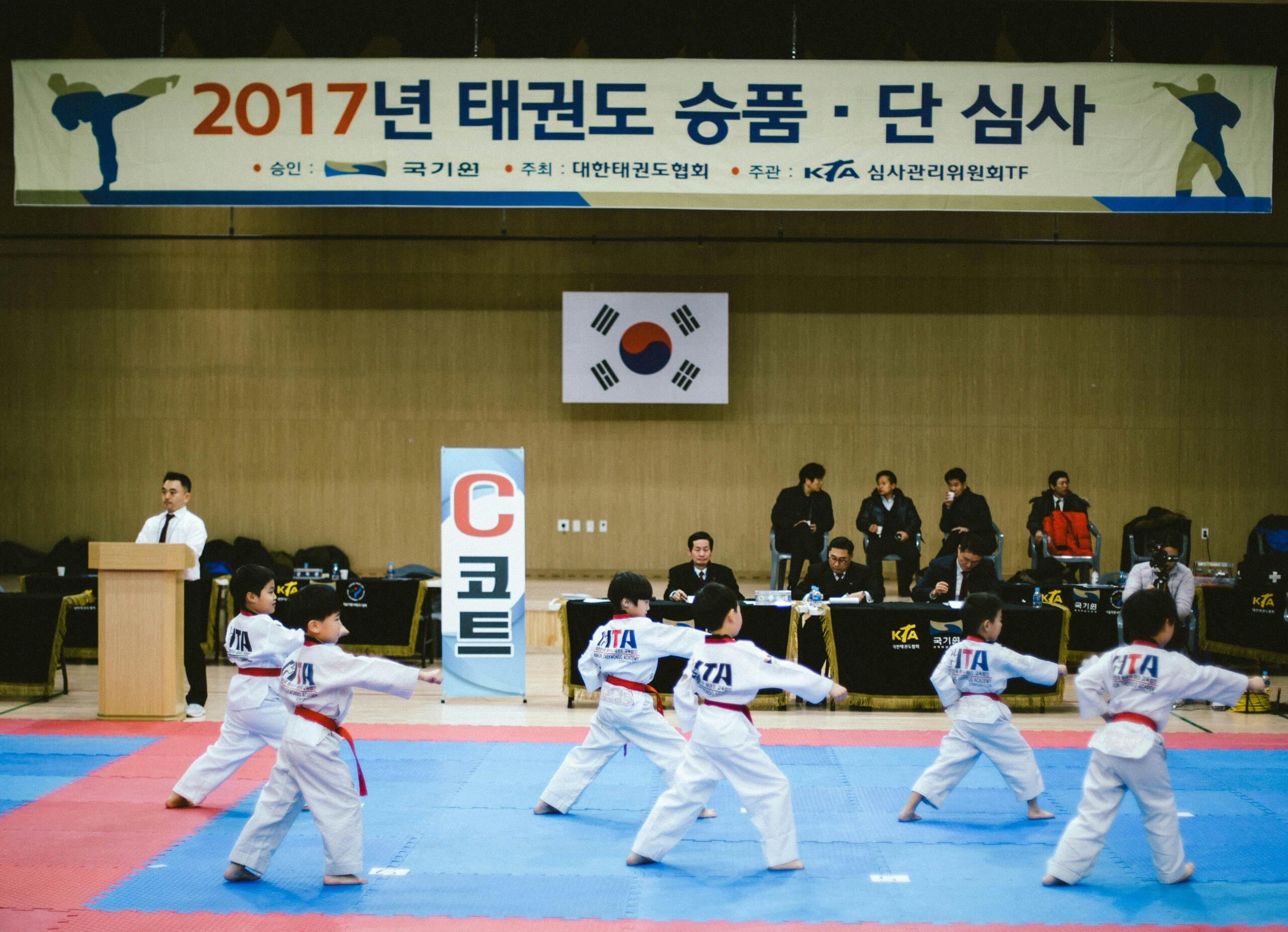
👬 An active community life: Entire neighbourhoods like the popular Koreatown (ten blocks dedicated to Korean culture, full of karaoke bars, hot pot bars, BBQ houses, and shops), institutions like the Korean Canadian Cultural Association (founded in 1965), and numerous Taekwondo clubs.
📚 The invaluable academic opportunities with many possibilities of taking Korean classes. In Toronto, it is very easy to acquire fluency in the language and obtain an official international certification, allowing not only student mobility but also a more globalized spirit and mindset, as well as a deeper understanding of Korean history and values.
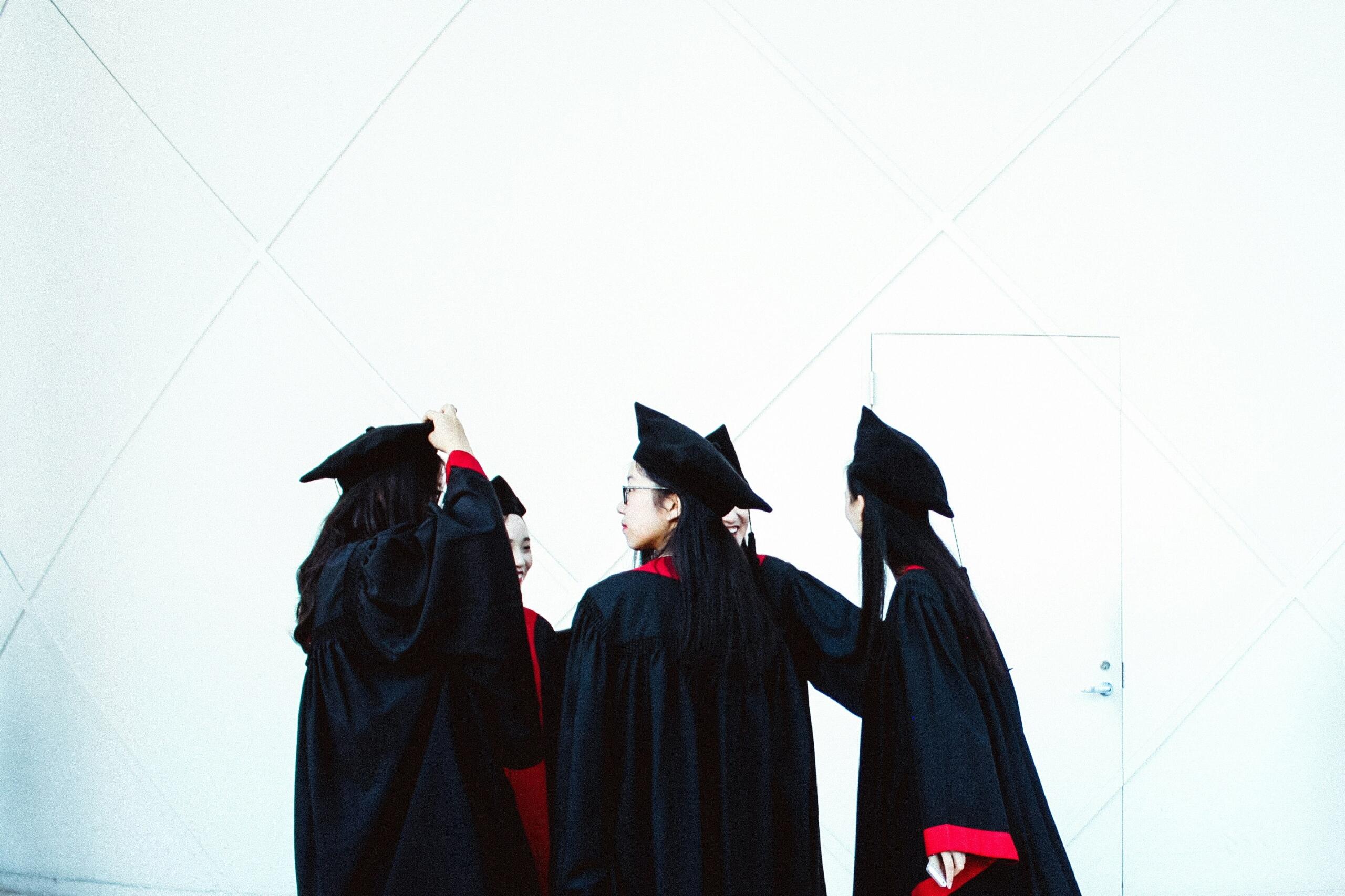

👩🏻💻 The possibility of being part of some of the most reputable and innovative companies in the world. Toronto is one of the cities with the most significant Korean multinational presence in the country (Hyundai, Kia, Samsung, and Korean Air, among others, have hubs in Toronto).
Multicultural Environment
Although the main cities of Canada, such as Vancouver or Toronto, are over 10,000 km apart from Seoul, connecting with the Asian country is very easy on this side of the Americas. Not only are there many options for taking Korean classes in Toronto, but it's also very easy to practice Korean with native speakers thanks to the city's multiculturalism.
Toronto has the largest Koreatown community in all of Canada. Various policies facilitated Korean migration since the 1960s and students, missionaries and entire families have successfully integrated into the education and workforce without losing their culture or language.
How many people do you know who are certified in a language but are afraid to speak it? Fortunately, in Toronto, there is ample space to practice your Korean skills and immerse yourself fully in Korean culture:
- 🍚 Outside of your Korean classes, you can practice through simple settings, such as talking to staff in Asian supermarkets (like the large Foody World), attending Korean churches, or participating in free language exchange coffee events.
- 🎦 Another option that will immediately give you a unique approach to Korean culture in Toronto is film. Festivals like the TIFF (which has widely recognized Korean cinema in recent years) or the Pan Asian Film Festival (which celebrates the best of contemporary Asian cinema) are great opportunities to experience Korea, learn about its history, and gain insight into its modern vision on subjects like politics or art, as well as its cultural values and mentality.
🇰🇷 Vibrant Korean Communities in Toronto
Unlike in other cities like Vancouver or Edmonton, Toronto's Korean community has experienced steady growth over the past decade and has become the largest in Canada.
Korean communities have best preserved their bilingualism and have done a great work promoting cultural aspects (with the Korean Cultural Centre Canada), sports (the Korean Canadian Athletic Association is a prime example of transmitting core Korean cultural values), and Korean arts (through institutions like the Korean Dance Studies Society of Canada, the KDSSC) on this side of the ocean.
It is a community characterized by its leadership, preservation of identity, and dissemination of its culture, making it very easy to connect with. In Toronto, you can learn about Korean history, heritage, and tradition, as well as the innovative and cutting-edge side of this Asian giant.
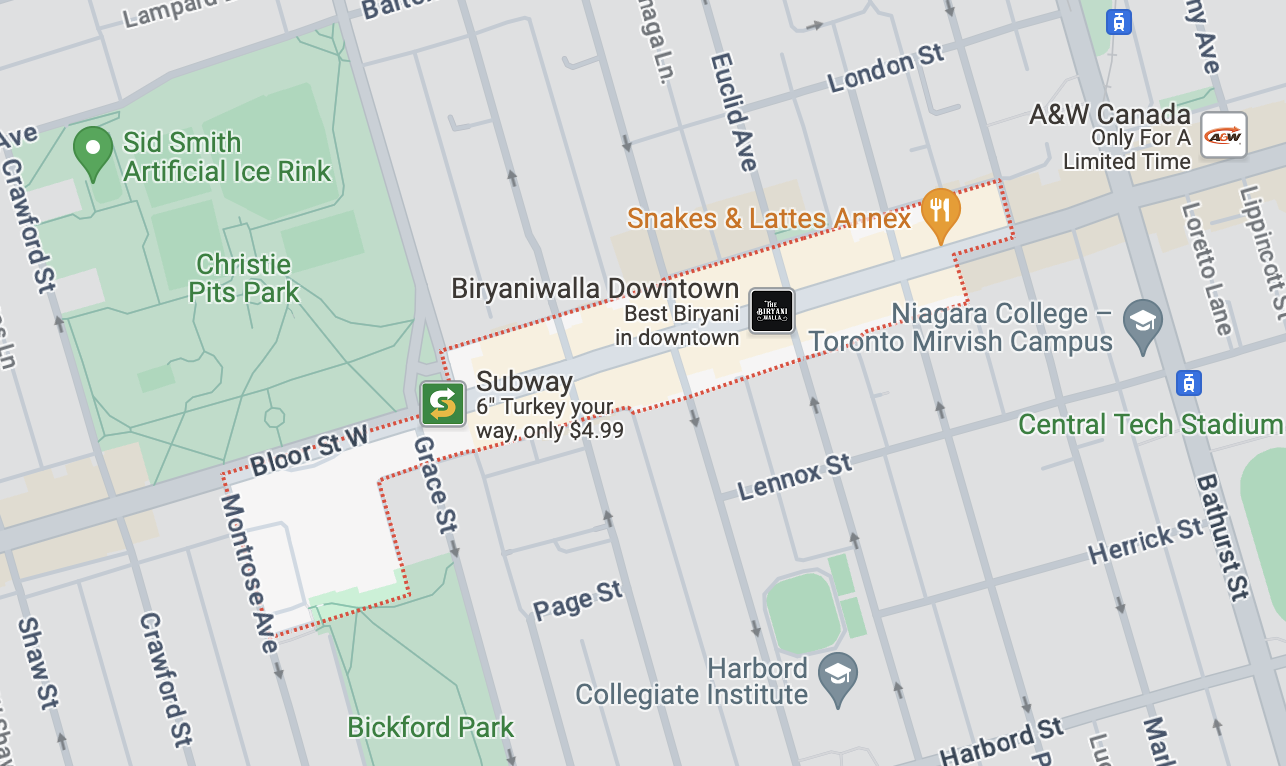
In addition to taking Korean classes in Toronto, you can take advantage of a complete immersion in Koreatown, where you will find everything from fresh food to stationery, K-pop merchandise, traditional Korean snacks, and art. The atmosphere will only increase your desire to continue learning the Korean language.
One of the easiest ways to experience Korean culture in Toronto is with the following options:
Korean Festivals in Toronto
Korean Lifestyle in Toronto: a list of "must-go places"
Whether you're interested in practicing your listening or comprehension skills from your online courses by preparing a recipe, or you want to start tasting the fantastic flavours of Korean cuisine, Korean classes in Toronto go beyond the classroom!
Career Opportunities
Similarly, Korea's global opening and economic boom have reached Canadian territory through the presence in Toronto of the headquarters of some of the largest Korean companies, such as Kia or Samsung.
As one of North America's leading economic hubs, Toronto is home to some of the largest Korean companies, which invest millions annually in Canada, such as:
- Samsung
- Korean Air
- LG
- Hyundai (which even has brands like Genesis in Toronto)
- Kia
- SK Group
- CJ Logistics
Korean multinationals in Toronto rely on dedicated Canadian professionals in various fields, including business, culture, engineering, energy, and all types of investments. Well-known Canadian job boards, such as Zip Recruiter, Jobboom, Indeed, and LinkedIn, are constantly seeking staff for Korean companies based in Toronto.
Of course, the translation and interpretation of Korean, especially in specialized fields like medicine and law, is in high demand in Toronto, as these professionals are equipped to overcome barriers beyond language and those related to culture; is instrumental in Toronto for the community of native Koreans who may not yet have mastered English, as well as for the many Canadians working with Asian companies.
📚 Additional Resources for Learning Korean
Language Exchange Programs
Language exchange programs are an excellent option for taking Korean classes in Toronto, allowing you to connect with native speakers through events outside of a classroom or your living room (in the case of online courses).
Eventbrite, Meetup, some Korean churches (Adventist Church), and Korean cafes offer interesting events ranging from networking to pub crawls, concerts, and more, where you can take a moment to:
- ✏️ Learn basic Korean with casual phrases
- 🙏🏻 Explore Korean culture and traditions
- 🔄 Connect with newly arrived Koreans and exchange cultures, also helping them adapt to Toronto
- 💵 Practice business Korean (in the case of networking events)
- 🥢 Learn more about local cultural codes
Online Courses and Tutors
From community events to academic programs, Toronto offers a diverse and supportive environment for mastering the Korean language, with numerous places to explore and learn from. However, like any other big Canadian city, such as Montreal or Calgary, online Korean classes tend to cater better to professionals or students seeking intensive courses:
| Advantages of online Korean Tutoring | |
|---|---|
| Custom learning | Online Korean classes provide a unique learning experience, suitable for beginners, intermediates, and advanced students alike. By designing a structure that adapts to your schedule and learning style, plus receiving immediate feedback on your pronunciation, for example. |
| Quicker progression 1-1 | Unlike group classes, the personalized approach of one-to-one methodology allows you to progress at your own pace. Often, you can advance through levels faster in an online Korean class than in a group setting. |
| Intensive guidance for Korean test certification | Advance through the levels for the TOPIK exam faster, or for the KLAT (Korean Language Proficiency Test) or KLI (Korean Language Teacher Training), if your goal is more professional. |
| Support adapted to your professional sector | Specialize in specific professional vocabulary and move from Korean slang to having professional conversations (business, medicine, law, depending on your field). |
| Cultural Adaptation Support | Get ready for life in Korea if you're planning an exchange program or moving there, as they will teach you basic Korean to help you adapt to the culture. |
| Exclusive Learning Materials | Those with many years of experience have access to customized materials (guides, textbooks, voice recordings) that you won't find in any other class, allowing you to learn and practice Korean with a unique pedagogy and methodology. |
| Native tutors | Many hold bachelor's degrees from Korea's most prestigious universities, such as Yonsei University or Seoul National University. The online teachers are primarily native speakers with extensive experience teaching classes at various levels, including grammar, reading, vocabulary, and, of course, speaking. |
Korean Cultural Centres
Toronto boasts some of the largest Korean cultural centres in Canada. One of the main advantages of learning at a cultural centre is the surrounding events and cultural workshops (dedicated to traditional clothing, dance, and cooking) that can be enjoyed throughout the semester, directly connecting with the language. Learning Korean at a cultural centre in Toronto is one of the best weekend activity options for both children, young people and adults.
Korean Cultural Centre Canada ✅
- One of the most recognized, as it depends directly on the Ministry of Culture, Sports and Tourism of South Korea, has a more contemporary focus.
- You can learn Korean through the many options in the K-Academy and K-Culture programs
Korean Education Centre in Canada 📌
- Run by the consulate, it offers semester-long Korean learning programs for beginners to intermediate levels.
- Offers the best options for young students, such as immersion camps, guidance for earning credits for high school students, conferences and virtual programs
- Provides complete orientation about studying in Korea (information about programmes, scholarships, requirements).
Korean Canadian Cultural Association of Metropolitan Toronto
- One of the most appealing options for those interested in learning the Korean language is the Korean courses
- These courses are provided free of charge and are primarily targeted at beginners, making them suitable for young people and adults to practice conversation.
- Founded in the 1960s, is the largest non-profit organization in Canada with a 100% community focus. KCCA Toronto manages the Korean Canadian Cultural Hall, which hosts a variety of events, exhibitions, classes, sports, and more.
👨🏻🏫 Tips for Choosing the Right Korean Class
Assessing Your Language Level
In addition to considering your schedule and budget, even if you already have some knowledge and are a beginner, it's best to be assessed by a professional tutor before choosing any classes. Private Korean lessons are often the most effective way to structure a plan and understand your needs as a student, tailored to your level.
To progress in Korean and move beyond the basic level, the first thing a student should do is:
- 🎓 Master the Korean alphabet: Although Hangul has 24 basic letters, there can actually be up to 40 letters in total; this is due to the combinations that occur between the 19 consonants and 21 vowels. It's essential to understand both the basic and extended versions of Hangul.
- 🎓 Understand the basic grammar differences: Structurally, it differs significantly from the English language. In Korean, the word order is subject, object, verb, and the adjective always comes at the end of the sentence.
- ↗️ Memorize the rules of Korean position: Korean is a very visual language, working in blocks. For example, you must be able to identify whether a vowel is vertical or horizontal to know where to place it within the block.
Learning vocabulary and simple phrases, such as statements, negations, directions, or moods, is also beneficial in the first phase of learning Korean.
| English | Korean | Pronunciation in English |
|---|---|---|
| Thank you | 감사합니다 | gam-sa-ham-nee-da (formal & polite — like “thank you very much”) |
| I like it | 마음에 들어요 | ma-eu-me deu-reo-yo (“ma” as in map, “eu” like a soft uh, say it smoothly) |
| I don’t like it | 마음에 안 들어요 | ma-eu-me an deu-reo-yo (add “an” before deu-reo-yo to make it negative) |
| I want to go to ____ | ____에 가고 싶어요 | ____-eh ka-go shi-peo-yo (for example: Toronto-eh ka-go shi-peo-yo → “I want to go to Toronto”) |
| Please give me ____ / May I have ____ please | ____을/를 좀 주세요 | ____-ul (or rul) chom chu-se-yo (“chom” = please, said softly and politely) |
| What time is it now? | 지금 몇 시예요? | jee-geum myeot shi-ye-yo? (jee-geum = now, myeot shi = what time) |
| Where is the washroom? | 화장실 어디예요? | hwa-jang-shil eo-dee-ye-yo? (hwa-jang-shil = washroom; polite and common) |
| Hello / Good day | 안녕하세요 | an-nyeong-ha-se-yo (formal, polite; used most of the time) |
| Goodbye (to someone leaving) | 안녕히 가세요 | an-nyeong-hee ga-se-yo (literally “go peacefully”) |
| Please give me some food / Can I have some food please | 음식 좀 주세요 | eum-shik chom chu-se-yo (eum-shik = food; chom chu-se-yo = please give me) |
Knowing the levels and certifications in Korean language learning its also an advantage as it'd help you set your objectives. The most common ones are:
The Test of Proficiency in Korean, an official exam created under the terms of education of the Korean government and which also has several types
The Korean Language Proficiency test, created by the Korean Language Society
One of the most advanced ones and essential for teachers, the Korean Language Teacher Training
The most common certification required to study in Korea, obtain a visa, or gain professional recognition is the TOPIK, which has six levels:
Levels 1 and 2
Levels 3 and 4
levels 5 and 6
A good private Korean tutor will help you to:
- Understand the structure of these tests and pass them effectively.
- They will help you develop a solid foundation in grammar and pronunciation through a personalized learning plan.
- With private Korean lessons, you can have basic conversations and master the Hangul alphabet in just a few months, reaching a TOPIK level much faster than in a semester-long course.
Korean has a large number of verbs, but unlike English, it only has three verb tenses. That is, in Korean, you can only speak in the past, present, and future, which makes it easier to learn the language.
Considering Class Formats
The first thing to consider is your goal for taking Korean classes: professional, recreational, or for migration purposes. Also, certifications can vary, from a diploma of completion to an official international accreditation (e.g., TOPIK, KLAT).
Some of the world's leading Korean universities, such as Hanyang University and Yonsei University, offer official certificates of completion for Korean language courses. These certificates can help you improve your level or establish a solid foundation in the language.
However, achieving fluency in Korean is more easily accomplished by combining different learning tools. It's unlikely that you'll reach your goals with just one tool. To determine which Korean class format best suits you, consider the following:
Evaluating Course Content and Instructors
Online and in-person Korean courses in Toronto differ in content, and courses vary depending on the level:
👶🏻 Korean course for beginners: This level focuses on learning to count, understanding pronunciation, and memorizing vocabulary to build your first sentences. You will also study real-life conversations, helping verbs, and Korean particles.
👦🏻 In intermediate Korean classes: You will have dictation and reading comprehension tests to begin assessing your pronunciation and listening skills. Practice becomes more frequent; you should be able to explain situations in some depth and write and form longer, more complex sentences.
👩🏻💻 In advanced Korean classes: Reading skills and advanced vocabulary are primarily assessed, including the use of honorifics, passive voice, connectives, and conditionals. You should be able to speak and produce texts in a formal tone.
- Some Korean courses focus on learning the language in its entirety (listening, comprehension, and speaking)
- Others lead to certification, and a final category consists of workshops focused on food culture, history, arts, or sports. These latter workshops are mostly part of programs offered by cultural organizations, such as the King Sejong Institute or the Korean Cultural Centre.
- In an online Korean course with a private tutor, the content is tailored directly to your level, needs, and budget by the teacher. The great advantage is that you avoid the pressure of a group class, clarify doubts quickly, and gain confidence speaking in just a few months.















